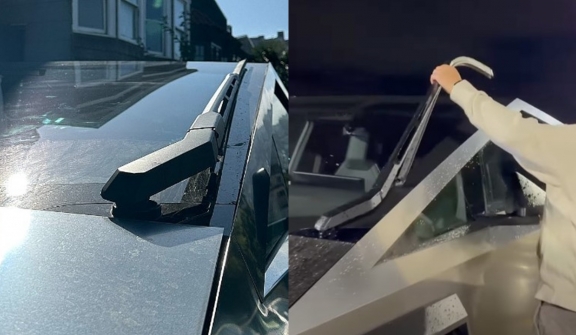
Elon Musk's Cybertruck continues to captivate the world with its futuristic design and innovative features, including a wiper.
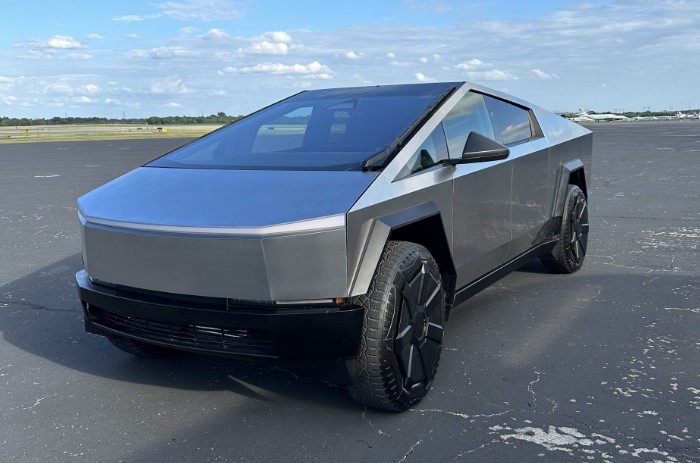
The Cybertruck isn't just an electric pickup; it also distinguishes itself from conventional vehicles in many ways with its luxurious appearance
Now, attention has turned to the finer details of the truck's operation, including the windscreen wiper.
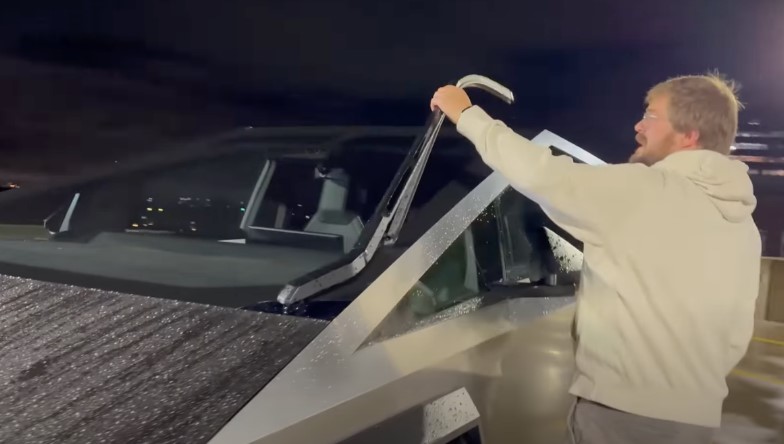
Unlike traditional vehicles that use two wipers, the Cybertruck features a single, long, powerful arm that sweeps across the entire windscreen in one motion. This unique feature is just one of the many aspects that set the Cybertruck apart from its counterparts.
However, innovation comes at a price.
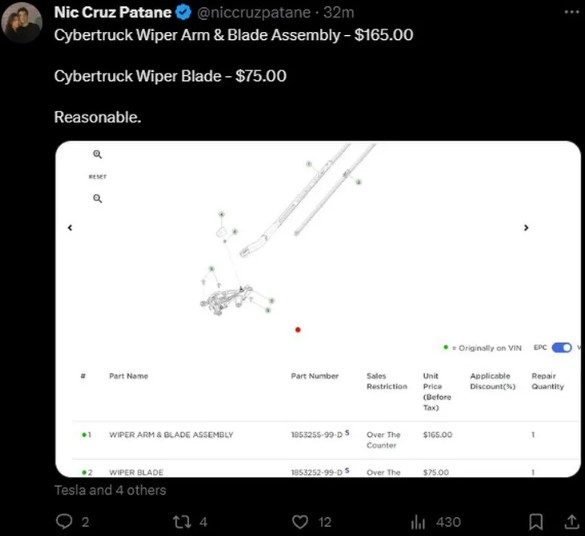
The windshield wiper isn't the only costly component of the truck. It's suggested that replacing the windshield could cost up to $1,900 (£1,500).
The trucks themselves are also a significant investment.
Tesla offers three models, with prices starting at an estimated $60,990 (£48,200) for a rear-wheel-drive version and going up to around $99,990 (£79,000) for the high-end 'Cyberbeast.'
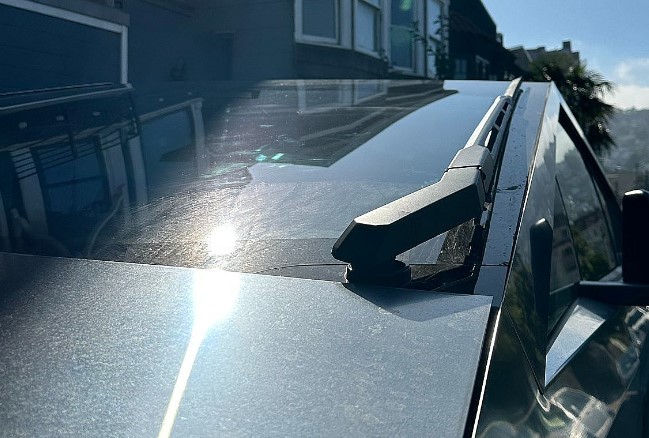
Despite the hefty price tag, Tesla promises value for money. The Cybertruck boasts impressive features such as an "ultra-hard stainless steel exoskeleton" and "shatter-resistant Armor Glass," which can reportedly withstand the impact of a baseball thrown at 70 mph. With such robust features, owners may never need to replace the windscreen.
Although the cost of replacing Cybertruck windshield wipers can be high.
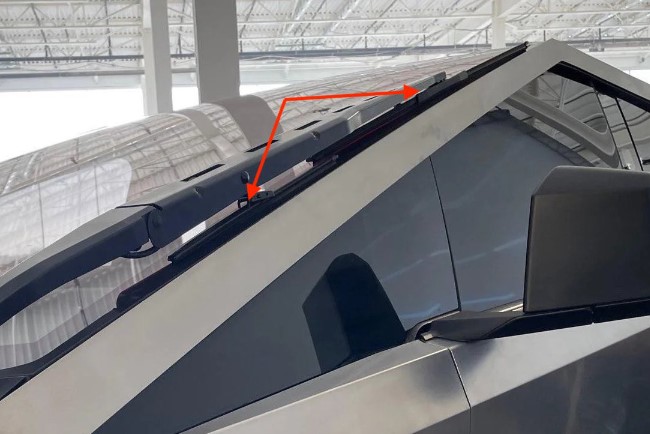
However, it is believed that some of its features and the potential savings and environmental benefits offered by Tesla's technology make it an attractive option for future mobility.
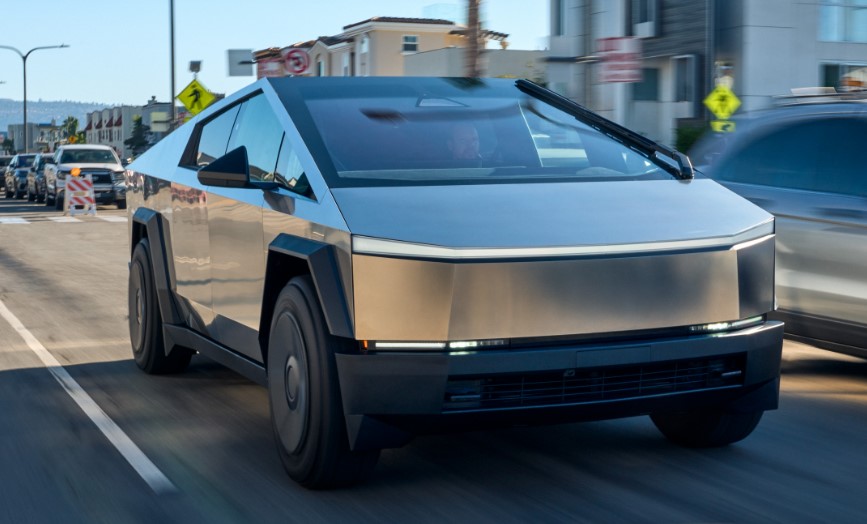
On social media, the Tesla owner left viewers stunned after sharing his electric bill for the first time.
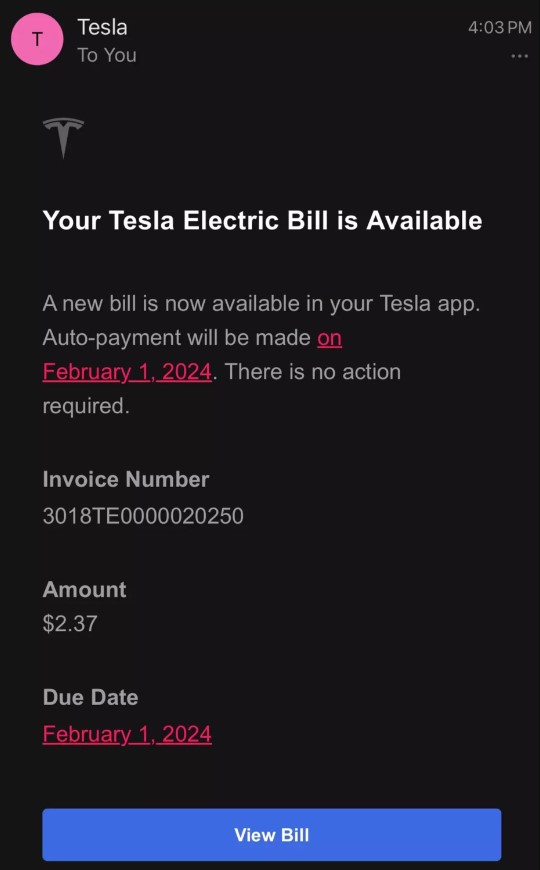
A Tesla owner reported an astonishingly low electric bill for an entire year, totaling just $2.37. This challenges the common belief that electric vehicles entail high expenses.
Then, Internet users found that the Tesla owner had installed a Tesla Powerwall. This device, connected to solar panels, not only generated electricity for the house but also stored extra energy to charge the Tesla car.
The Powerwall, an advanced solar battery system, is designed to store energy from home solar panels or roofs.
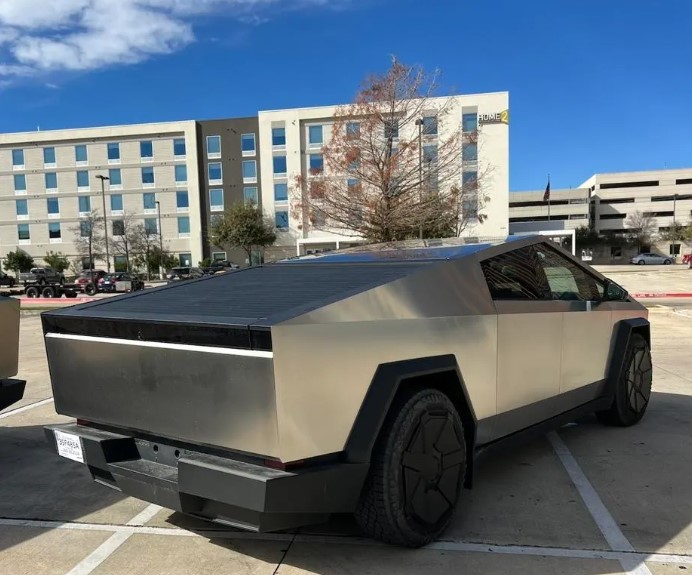
It features a lithium-ion battery with a capacity of 13.5kWh and a 100% depth of discharge, ensuring optimal utilization of stored energy. The Powerwall serves as a backup during power outages and even allows users to potentially go off the grid.
While a single Powerwall costs $11,500, discounts are available for multiple units, making it an attractive option for those seeking a comprehensive home energy solution.




